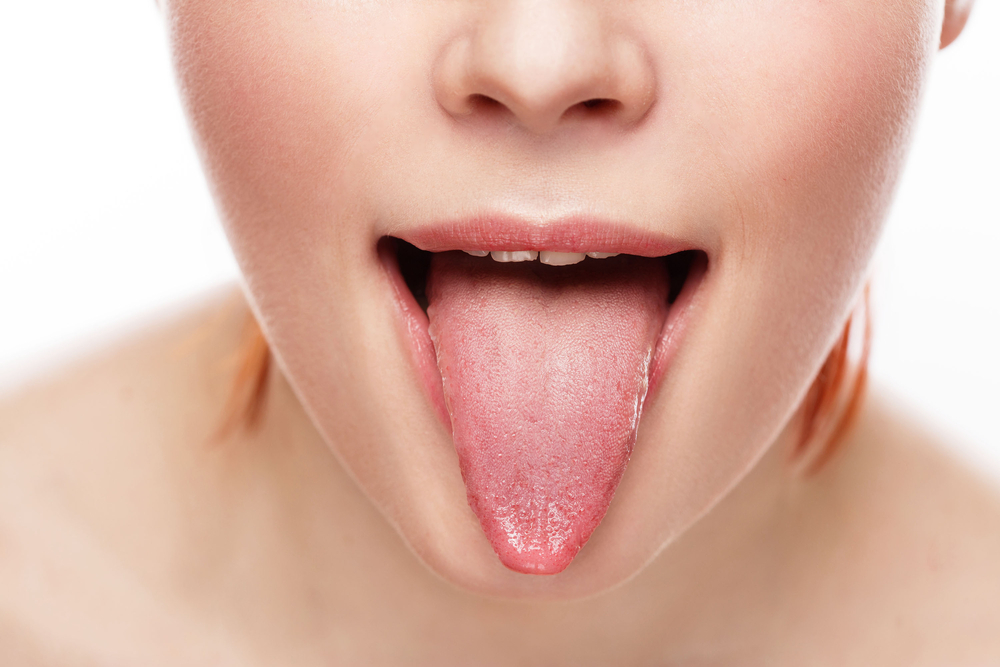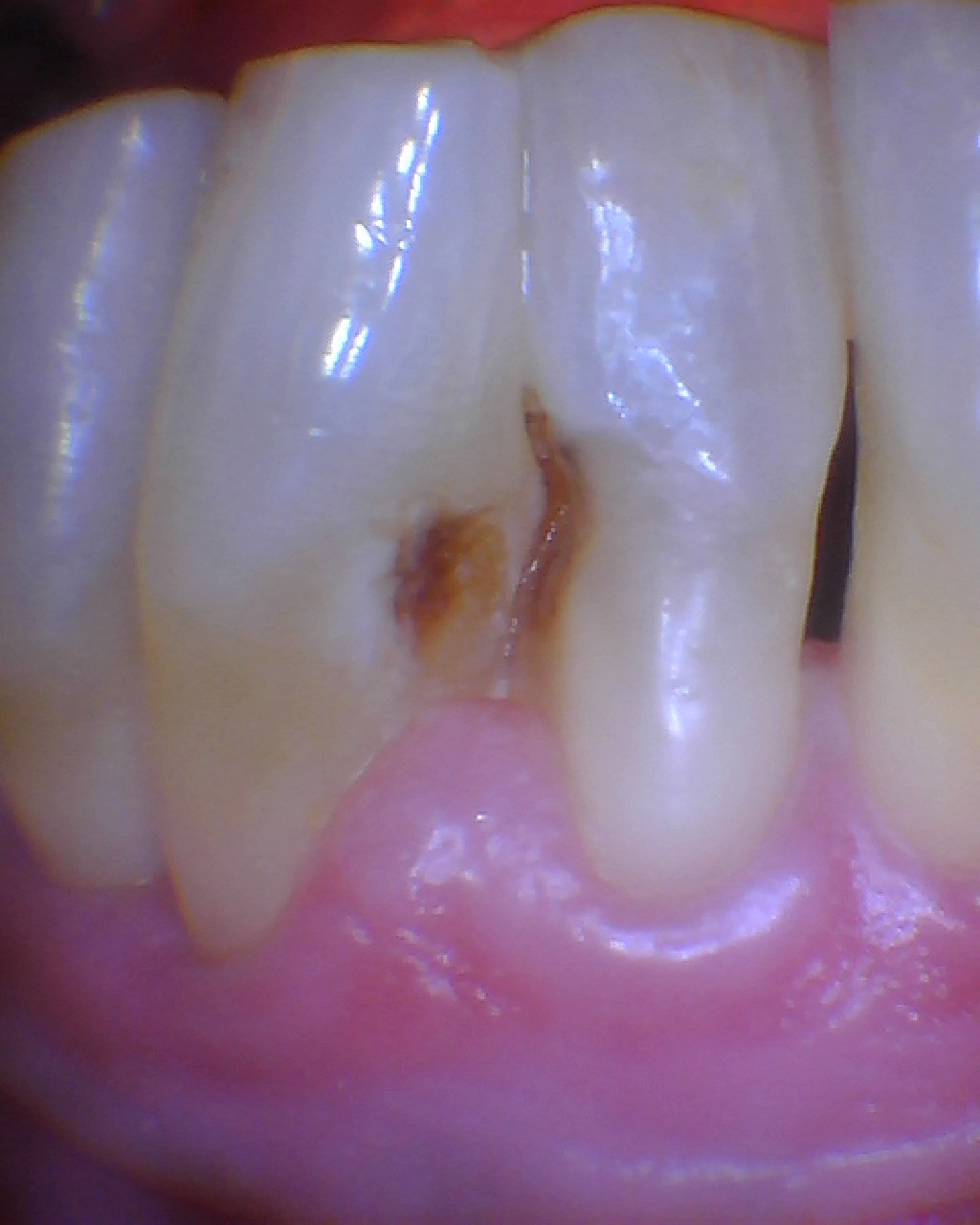

The more you know about dry mouth, such as dry mouth symptoms and causes of dry mouth, the more you can do to prevent it.


Dry Mouth. The many causes of dry mouth, combined with its variable severity, mandate that treatment be individually tailored to fit each patient’s situation.
What causes dry mouth (xerostomia)? How do you get rid of and cure dry mouth? Learn about dry mouth symptoms as well as natural dry mouth treatments and home remedies that are safe.
Dry mouth, also known as Xerostomia, occurs when salivary glands don’t make sufficient saliva to prevent the drying of the mouth. Dry mouth can be a symptom or side-effect of other conditions and medications; however, it should not be ignored as it can lead to serious dental problems.

Dry mouth: If you have dry mouth, try these tips for relief.

A good night’s sleep is important for good health, but that peaceful slumber can be difficult to achieve if you frequently wake up with dry mouth at night. Causes of Dry Mouth The causes of xerostomia, the medical term for dry mouth, can vary, but during the nighttime hours, lack of saliva is most
True Dental Discounts offers affordable dental plans with 20%-60% dental care savings, no waiting periods and guaranteed acceptance. Become a member today!

Dry mouth (xerostomia) refers to a condition in which the salivary glands in your mouth don’t make enough saliva to keep your mouth wet.
Everyone has a dry mouth (Xerostomia) once in a while. But if it’s frequent, it can lead to serious health problems. Find a list of common symptoms.



Definition. Xerostomia is the subjective sensation of dry mouth, which is often (but not always) associated with hypofunction of the salivary glands. The term is derived from the Greek words ξηρός (xeros) meaning “dry” and στόμα (stoma) meaning “mouth”.